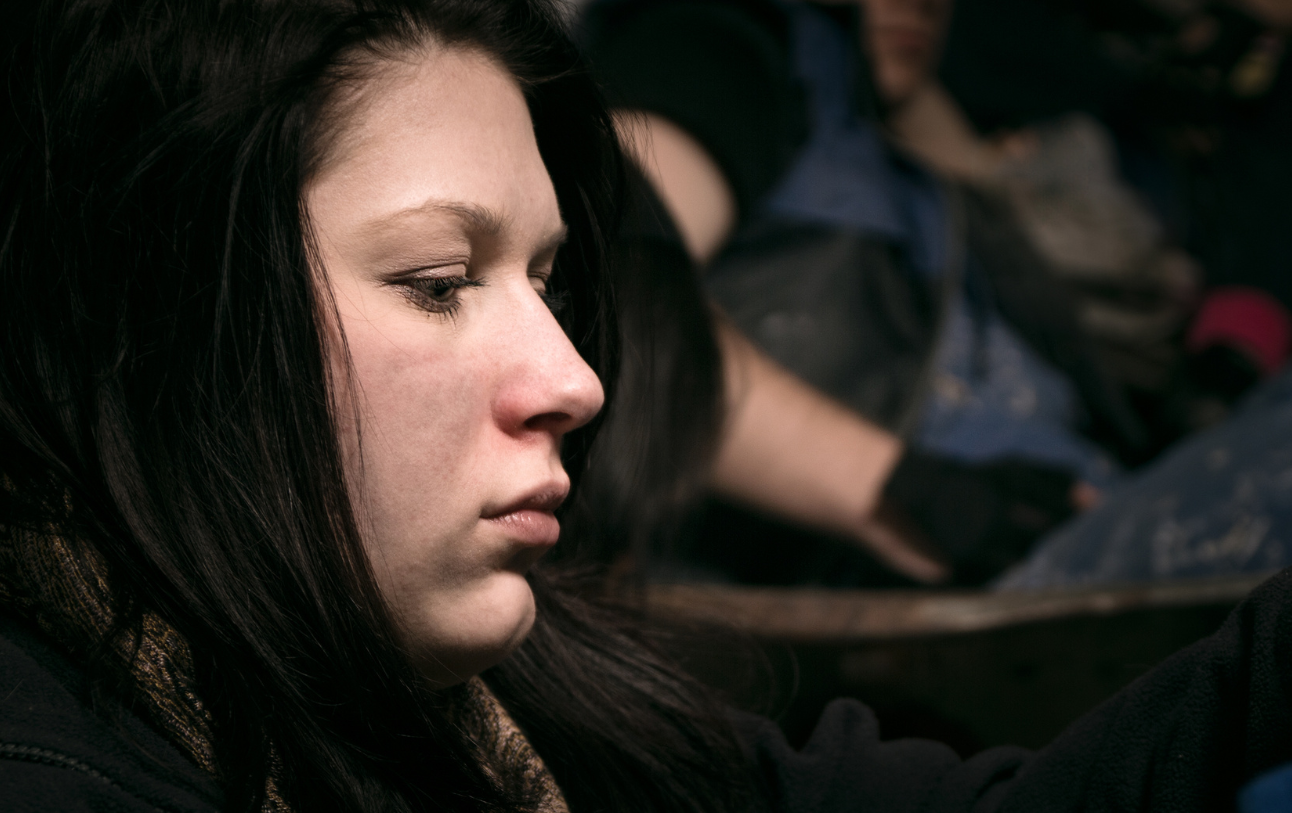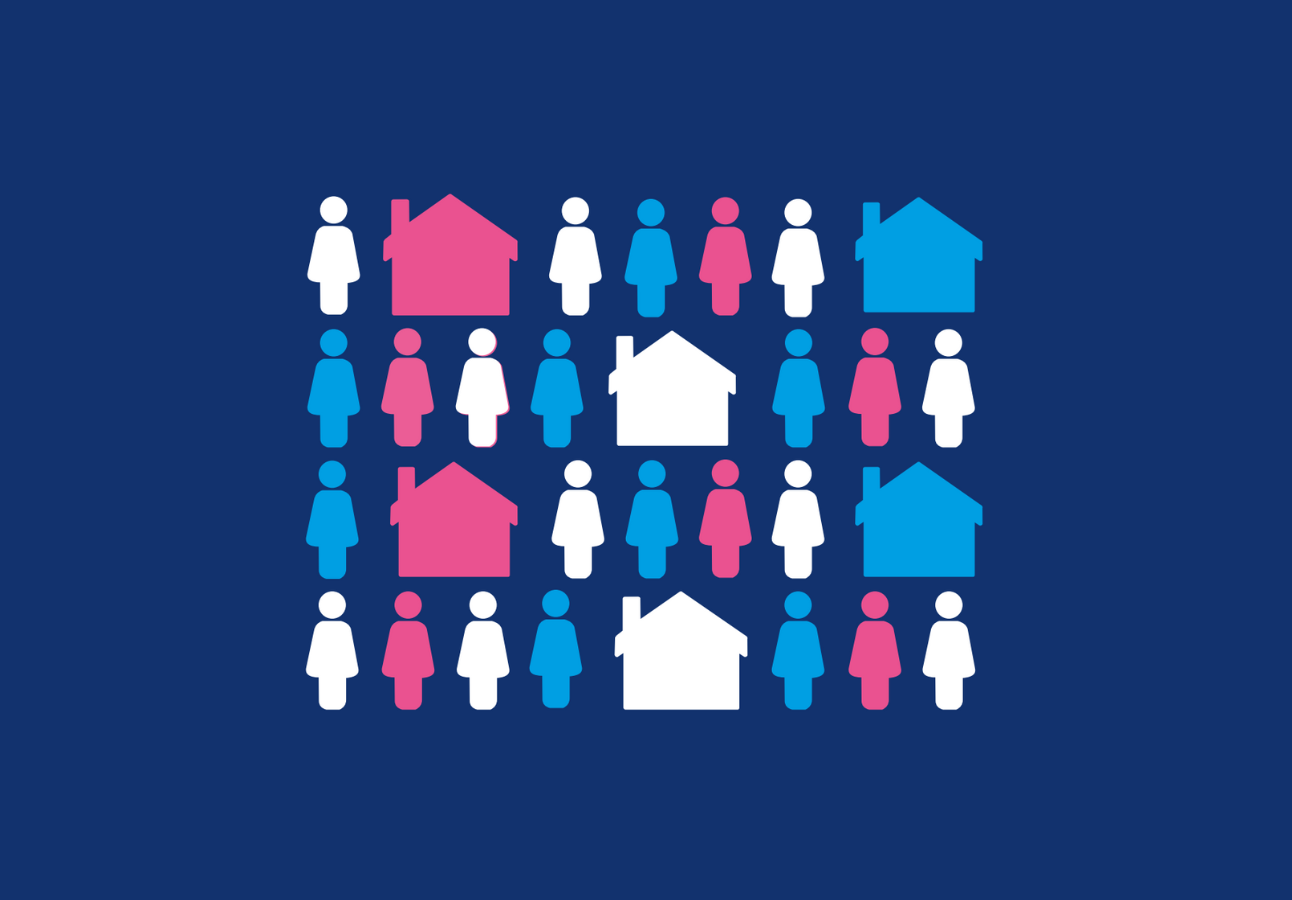After 11 years as an Independent Domestic Violence Advisor (Idva), I’ve realised that our clients experiencing homelessness and domestic abuse need a different approach. They do not always get an empathetic response from the Housing service and are left questioning their decisions to leave and become safe. Relationships need to be built between our clients and Housing. Clients leaving and abusive partner are at their most vulnerable and they need wraparound support as well as crisis management and safety planning to reduce the DVA risk. Being rehoused does not mean that need comes to an end and the support offered needs to reflect this. Even more, emergency housing provision-such as refuge and B&B-doesn’t always provide a space for women and men with multiple and complex needs or older children.
Places of Safety was developed to respond to this gap in support and our response is two-fold:
First, we provide homes within the community that are a safe place where anyone can rebuild their lives free from violence and abuse. It’s a place where a client’s son who is over 16 can remain with their family, where male victims can bring their children to be safe, and where women and men with complex and multiple disadvantage can receive a service that recognises and responds to their needs. Our project’s aim is not to replace or replicate the vital work of refuges.
Second, Places of Safety provides a specific Housing Idva. This is me. My sole role is to support women and men who are experiencing possible homelessness alongside domestic violence and abuse. As a Housing Idva I have a much smaller caseload. This gives me the time and space to build relationships and provide holistic support, which is especially vital for individuals who are facing domestic abuse and homelessness alongside multiple and complex needs. I am able to go to appointments with my clients at housing, solicitors, the GP – wherever they feel they need support. It is also my job to work closely with the Housing Options team; to advocate for my clients, ensuring that Homeless applications are activated promptly and investigations are done promptly.


